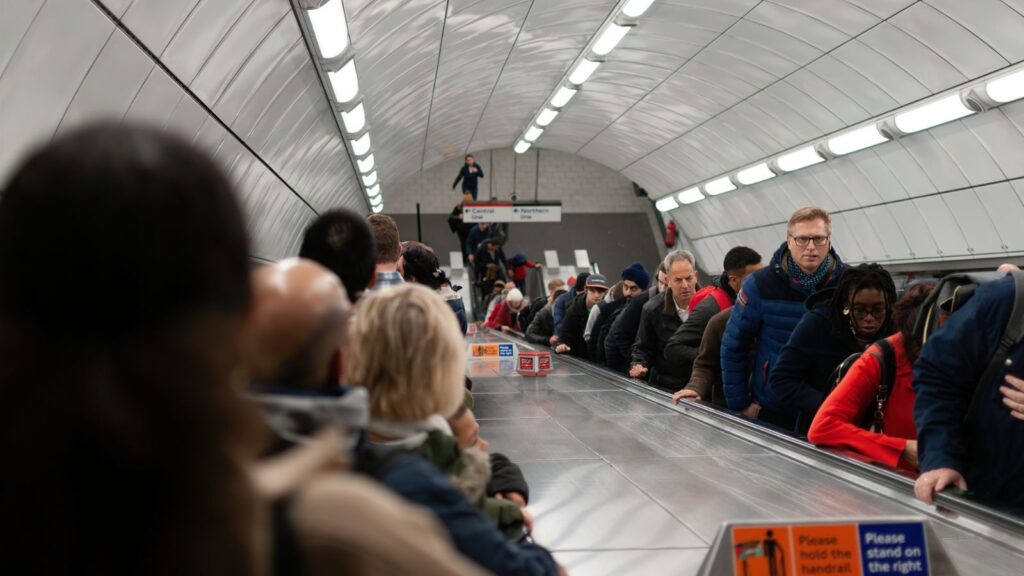The UK’s transport system, once the pride of the nation, now faces a myriad of problems, including crumbling infrastructure and overcrowded trains—the issues are piling up. Here we take a look at the key reasons behind the failure of the UK’s transport system, so let’s explore 18 things that are going wrong.
Ageing Infrastructure
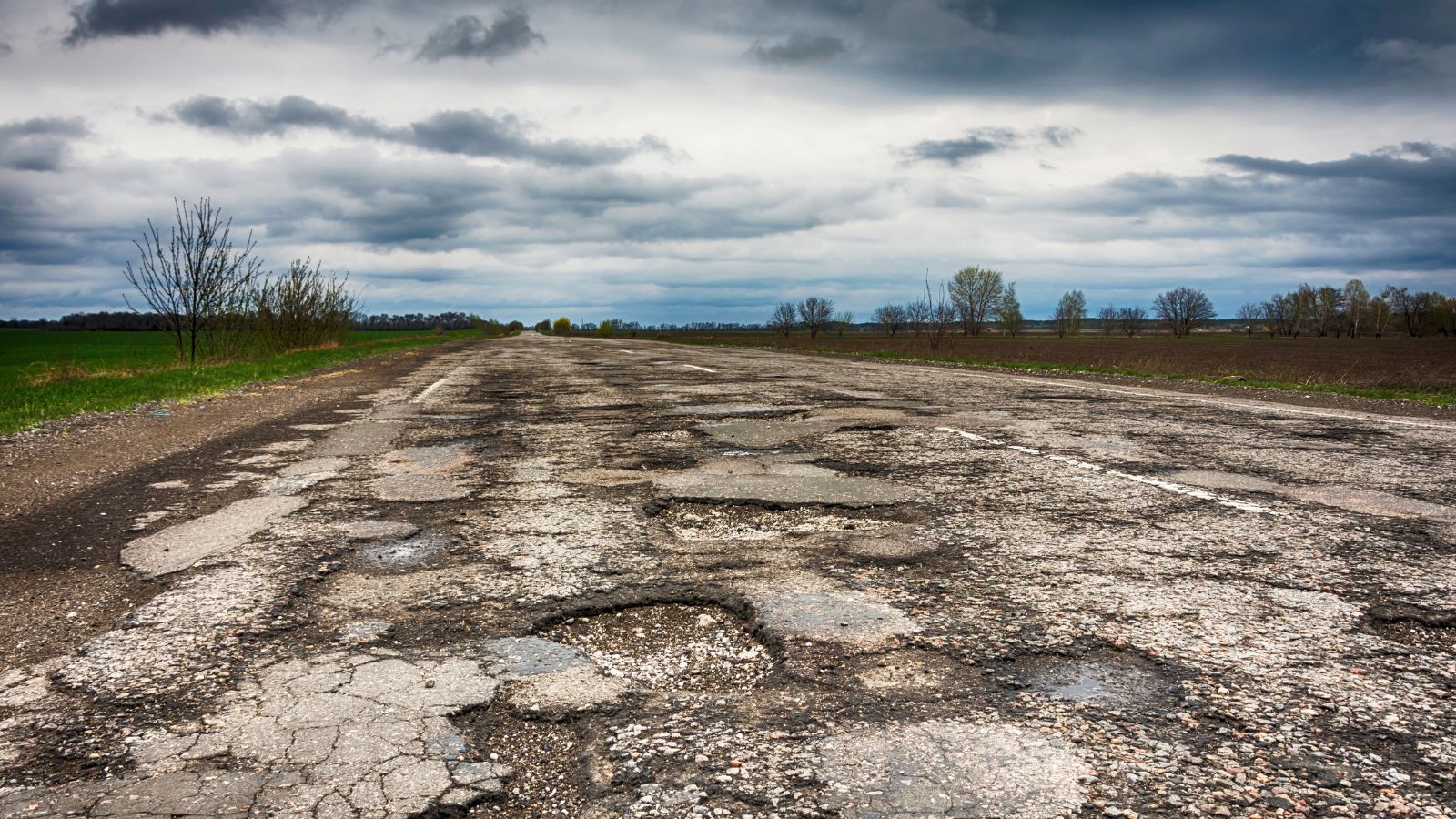
“The impact of the UK’s ageing infrastructure is becoming increasingly apparent,” says Highways Magazine. Many roads, bridges, and rail lines were built decades ago and are now struggling to keep up with modern demands. The wear and tear from years of heavy use, combined with insufficient maintenance, means that these structures are often in dire need of repair.
Overcrowded Trains

Anyone who has taken a train during peak hours knows the frustration of overcrowding. The UK rail network simply doesn’t have enough capacity to handle the number of passengers. With more people relying on trains for their daily commute, the existing carriages are packed to the brim, and this not only makes for an uncomfortable journey but also raises safety concerns.
Expensive Fares

Travelling by train in the UK is notoriously expensive. The cost of tickets has been rising steadily, often outpacing inflation and wage growth. For many, the high price of train travel is a significant financial burden, making public transport less accessible.
Unreliable Services

Punctuality is also a major issue in the transport system, as trains and buses are frequently late or cancelled, causing significant inconvenience for passengers. This unreliability makes it difficult for people to plan their journeys and often leads to missed appointments, work, and other commitments.
Poor Regional Connectivity
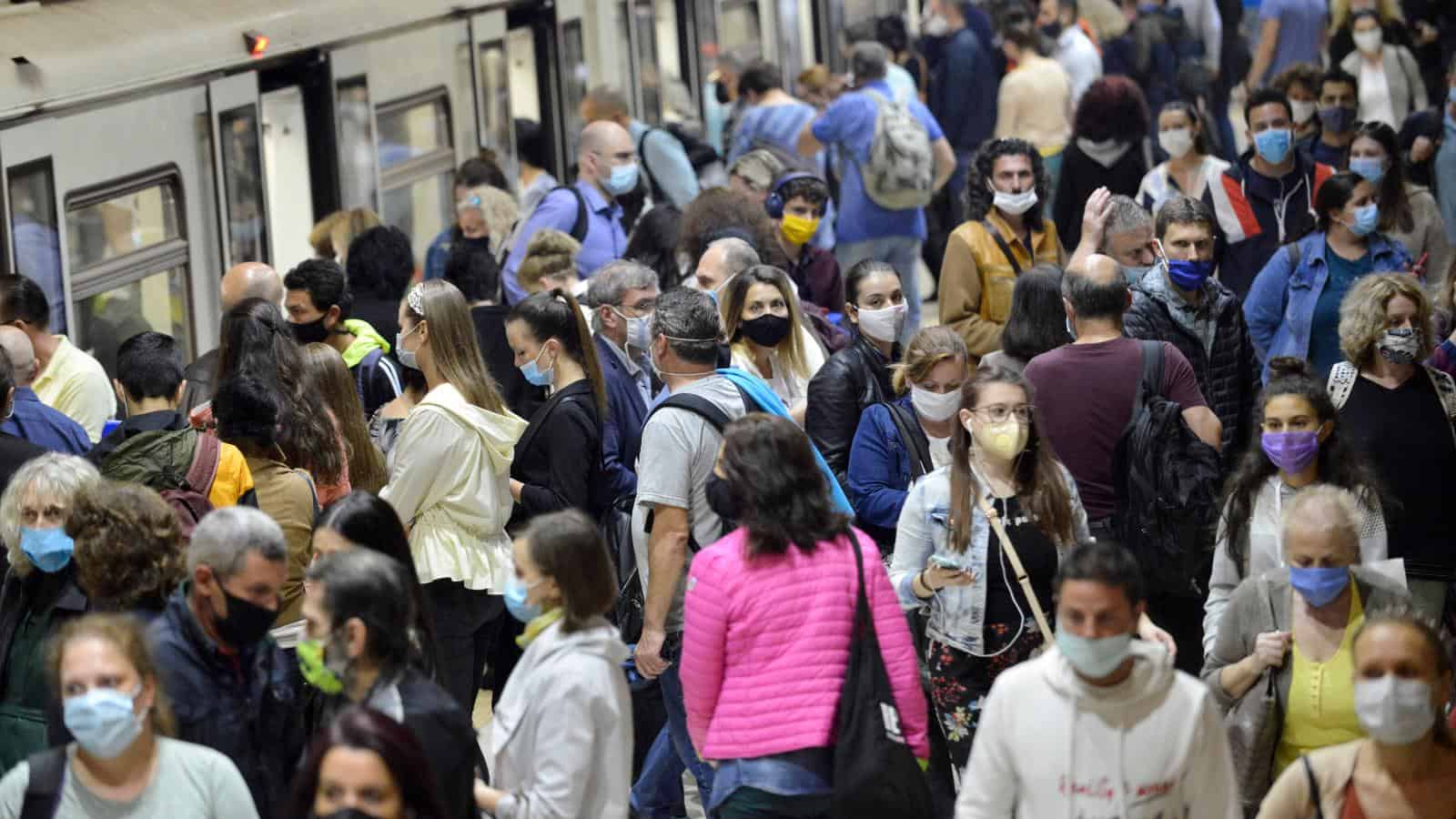
The disparity in transport services between London and other parts of the UK is stark. While the capital enjoys extensive and frequent services, many regions suffer from poor connectivity. Rural and suburban areas often have limited public transport options, making it difficult for residents to travel efficiently.
Traffic Congestion
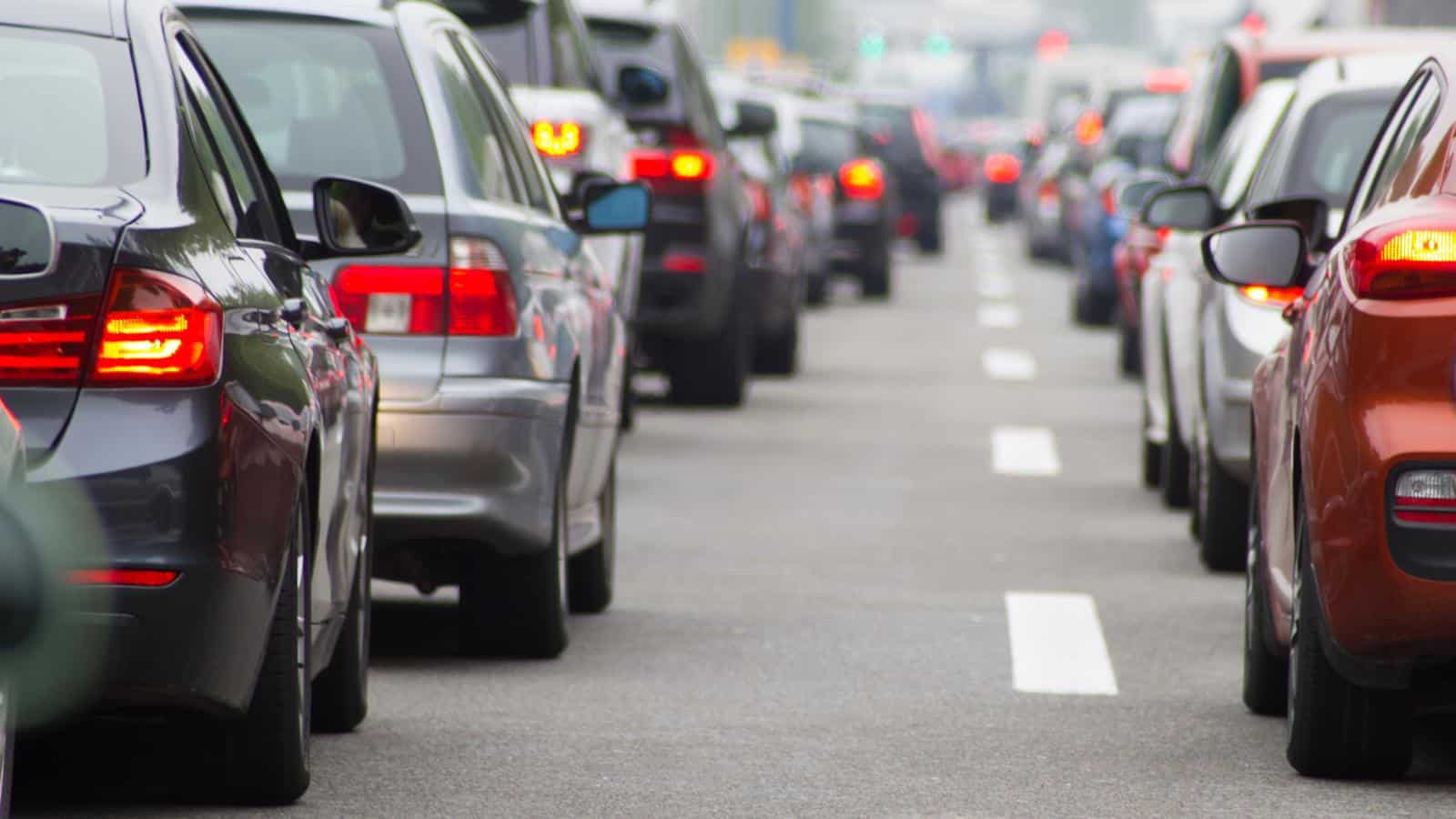
Road traffic congestion is a significant issue across the country. With more cars on the road than ever before, journeys are becoming increasingly slow and stressful. Congested roads not only lead to longer travel times but also contribute to higher levels of pollution and greater fuel consumption.
Inadequate Cycle Infrastructure

Despite a growing interest in cycling as a sustainable mode of transport, the UK’s infrastructure for cyclists remains inadequate. There are insufficient dedicated cycle lanes, and many of those that do exist are poorly designed or maintained, making cycling less safe.
Environmental Concerns

The transport sector is one of the largest contributors to the UK’s greenhouse gas emissions. With the pressing need to address climate change, the current state of the transport system is a significant concern, and efforts to reduce emissions through cleaner technologies and more efficient services are lagging.
Inefficient Public Transport Integration

Switching between trains, buses, and other modes of transport can be cumbersome and time-consuming, thanks to the lack of integration of different public transport services. Poor coordination and communication between service providers result in missed connections and increased travel times.
Labour Strikes

Labour strikes in the transport sector are not uncommon in the UK either. When transport workers strike, parts of the network can come to a standstill, disrupting travel plans for millions. These strikes often stem from disputes over pay, working conditions, and other employment issues.
Underinvestment

For years, there has been a lack of adequate investment, especially in the UK’s transport infrastructure. While there have been some high-profile projects, many areas, particularly outside of London, have been neglected, and this underinvestment means that much-needed upgrades and expansions are delayed or cancelled.
Safety Concerns

Safety concerns are a paramount issue in any transport system, Britain is no exception to issues such as poorly maintained infrastructure, outdated rolling stock, and overcrowded services. These can compromise passenger safety, and accidents and incidents—while rare—are a stark reminder of the potential dangers.
Poor Customer Service

Customer service in the UK transport system often leaves much to be desired, as passengers frequently report experiences of unhelpful staff, confusing information, and inadequate complaint resolution. Good customer service is essential for a positive travel experience, and the lack of it can exacerbate the frustration.
Slow Adoption of Technology

While technology has the potential to revolutionise transport, the UK’s adoption has been slow. Innovations like contactless payments, real-time service updates, and smart ticketing systems can significantly improve the user experience. However, many parts of the network still rely on outdated systems.
Urbanisation Pressures
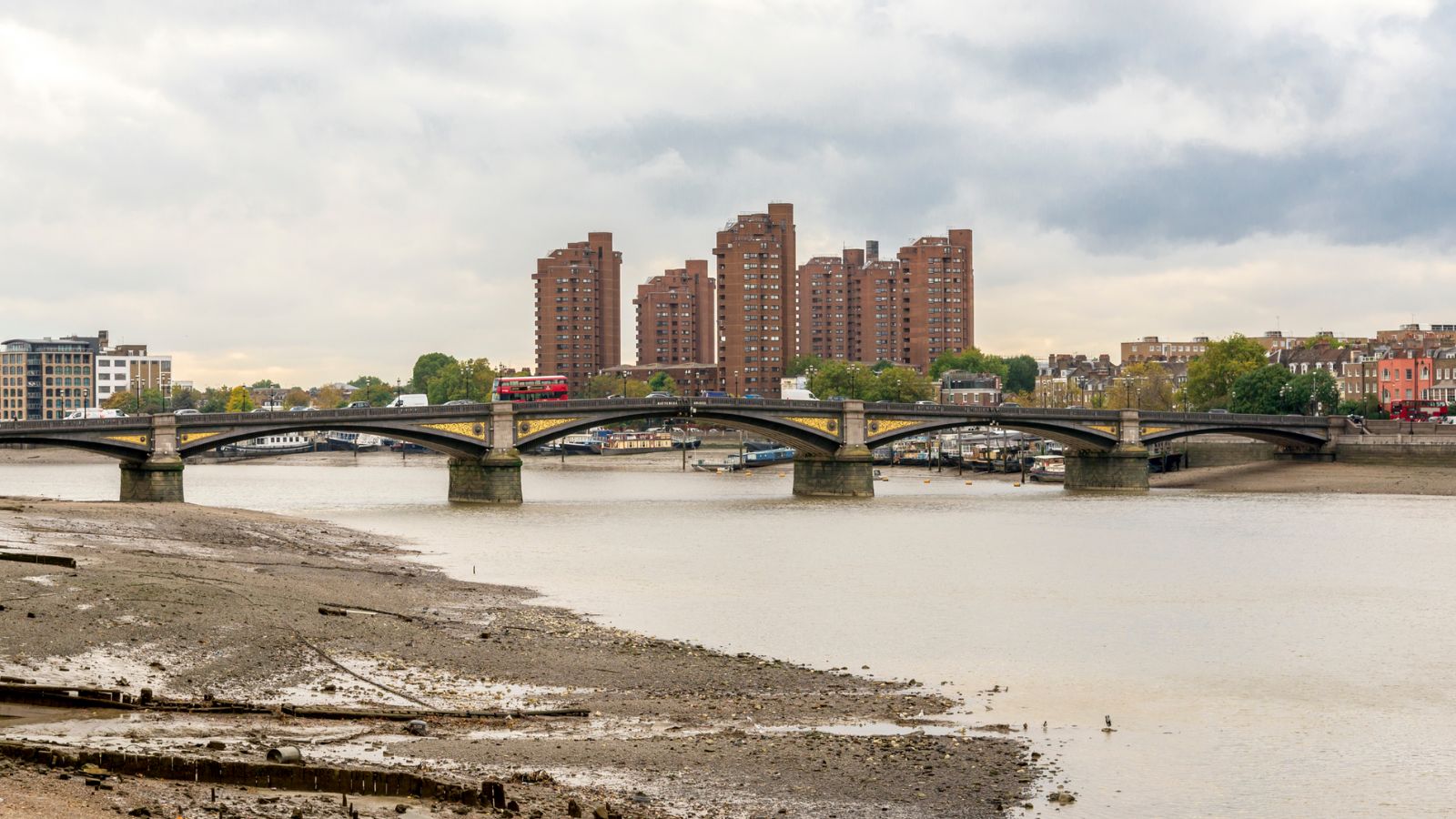
The rapid urbanisation of many cities is putting immense pressure on transport systems. As more people move to urban areas, the demand for efficient, reliable transport increases. However, many cities are struggling to expand their infrastructure quickly enough. The resulting overcrowding and strain on services highlight the need for more proactive planning.
Insufficient Long-Term Planning

Britain’s transport system suffers from a lack of long-term planning. Many projects are reactive rather than proactive, addressing issues only once they become critical. This short-sighted approach means that the system is constantly playing catch-up rather than anticipating and preparing for future needs.
Bureaucratic Inefficiencies

The complexity of the UK’s transport bureaucracy can lead to inefficiencies and delays. Multiple agencies and organisations are involved in managing different aspects of the transport system, often leading to a lack of coordination and slow decision-making.
Public Dissatisfaction

Ultimately, the culmination of all these issues leads to widespread public dissatisfaction, as passengers are frustrated with the high costs, unreliable services, and general inefficiency of the transport system. This dissatisfaction is often expressed through social media, surveys, and public protests, highlighting the urgent need for comprehensive reforms.

